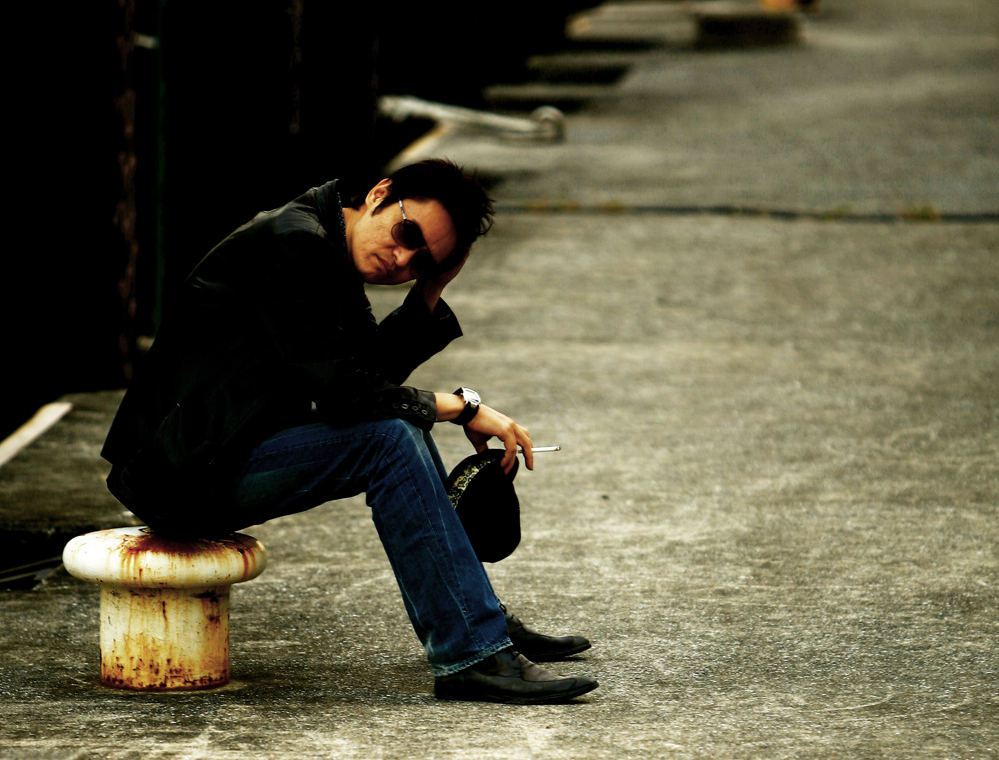New media and democracy: A chat with 15Malaysia producer Pete Teo
BYPASSING Malaysian censorship laws and the strict regulations of traditional media is not an easy thing. But 15Malaysia – a series of fifteen short films for the web – is an example of how the ever-changing realm of digital media is revolutionising what filmmakers and producers can do.
The films were shot by fifteen different filmmakers and crews in mid-2009, and were edited and released within three months. In less than two months, 14 million visits had been made to the site. Developed especially for the internet, the films last for about four to five minutes each and offer a social, political and cultural commentary on the country. Some are humorous, others dark, but all unveil unique insights and express a distinct point of view.
Meld Magazine recently met with accomplished singer, songwriter, actor, director and producer of the project, Pete Teo, who shared his thoughts on the 15Malaysia campaign, new media, art, politics and life.
[youtube]http://www.youtube.com/watch?v=hqomaar8RAU[/youtube]
Two years after the not-for-profit campaign’s release, the films’ influence has gone further than Teo or anyone else could have imagined.
“I’m extremely pleased,” Teo says.
Taking another deep draw on his cigarette, he continues: “the dissemination of these videos was not entirely up to us. It was up to the country really – it was a viral campaign. You can’t dictate a viral campaign. People like it, people viral it. People don’t like it, people won’t share it.”
15Malaysia went international. At its peak, the site was transmitting up to one terabyte worth of data a day, and for almost a month its YouTube channel was the 10th most watched in the world.
The films deal with issues like prostitution and corruption in Malaysian politics – controversial topics in an overly censored media environment. But Teo says the films inclusion of such themes reflects people’s awareness of their existence.
“What have we said that you don’t already know? Its common knowledge, so we’re not saying anything new. What is new is that we’re saying it very loudly in a public space. That is new.”
[youtube]http://www.youtube.com/watch?v=5rfaQdu9DPA[/youtube]
When asked whether or not the team had considered conventional television broadcasting, Teo responds: “TV wanted to show it, but they wanted to cherry-pick. So they would have this one but not that one. They wouldn’t take all 15, so I said if you won’t take all 15 you can’t have any. You had to take all or nothing.”
Because of the campaign’s popularity and the high number of responses, producers opened up a call for contributions from “anyone with a story and a video camera”. The best ones were picked to be featured on their website, in the section 107Malaysia.
“The films had gone into the country’s consciousness,” Teo says, though he remains humble regarding their overall effect.
“When you want to change the country, no point making a series of videos. That won’t change any country, that will raise awareness. But other than that we’re still roughly a functional democracy, so the change is in our own hands.”
Teo says despite much talk of apathy towards social and political change, especially among young people, the question of apathy is not what interests him.
“To me the more important question is where, when and if you want developed a sense of ownership about the place you come from. I mean, once that sense of ownership comes then it’s impossible to be apathetic…so to me it’s not a question of apathy, to me it’s more a question of ‘do people feel that this is theirs?’”
“We’re griping all the time but you forget how beautiful [Malaysia] is when you get it right. It’s a wonderful, wonderful country.”
“Despite all of the economic, political, social problems, it retains the possibilities and potential to be something really rather special. And along the way, eventually you sort of develop a love about what you do see – the bits that you like – as much as the bits you don’t like- the ones you gripe about.”
“We deserve the country we get at the end of the day. So, I mean, we can sit and gripe all day if we want, but if we don’t exercise that gripe or try and seek reform within the ballot box then all this talk amounts to nothing.”
And a word of advice to those out to make a change, whether artistically or otherwise: “whatever you do, talent is not enough.”
What follows next is a whole load of hard work and maybe just a little bit of luck.
Pete Teo’s next project, Undilah, a short film about voting featuring Malaysian rapper Namewee, is due to be released today, Malaysia Day, September 16.
[youtube]http://www.youtube.com/watch?v=JhlyvlstcM8[/youtube]

